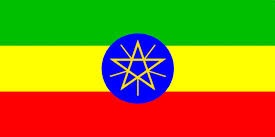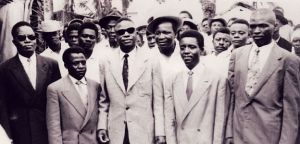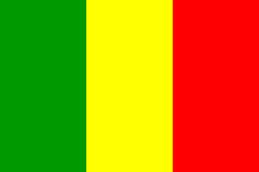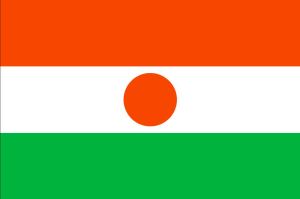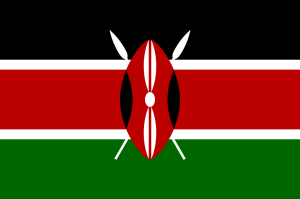
King Charles III is visiting Kenya on October 31. The leaders of the Nandi community in Western Kenya are requesting the returns of the skull of Koitalel arap Samoei, their chief, spiritual, and military leader killed by the British in 1905. Samoei waged a fierce resistance against the colonialists, and was killed by British soldier Richard Meinertzehagen, who had tricked him (the usual European colonial trick) into attending a truce meeting. A few months ago, we discussed the refusal of King Charles III to return the remains of Prince Alemayehu, son of Emperor Tewodros II, to Ethiopia; Ethiopians were told that returning his remains will not be possible, as it will disturb the resting place of several others in the vicinity (UK rejects Calls to Return Ethiopian Prince’s Remains). NONSENSE! Will the king agree to the return of the skull of Koitalel arap Samoei? Or will this be like the skull of King Mkwawa?

Who was Koitalel arap Samoei?
Koitalel arap Samoei was the fourth of five sons of Kimnyole arap Turukat, Orkoiyot (king / Supreme leader) of the Nandi people of Kenya. His brothers were Kipchomber arap Koilege, Kipeles arap Kimnyole, Chebochok Kiptonui arap Boisyo, and Siratei arap Simbolei. His father, Kimnyole arap Turukat, was a strong leader with outstanding prophetic talents who predicted the arrival of Europeans on his soil. It is said that he also predicted his son Koitalel’s murder. Concerned by his son’s bravery, and to protect them all, Kimnyole sent 3 brothers to live among the Kipsigis people, while Koitalel was sent to live with the Tugen people.

At Kimnyole’s passing, 25 years-old Koitalel succeeded to his father after a succession dispute with his brother Kipchomber arap Koilege. In the end, Koitalel was crowned Orkoiyot of the Nandi people, while his brother became the first Orkoiyot of the Kipsigis . He was a strong and fierce warrior. When the British started building the Uganda Railway going from Mombasa in Kenya to Kampala in Uganda passing through the Nandi territory, Koitalel led an eleven-year resistance movement against the railway. He understood that this marked the doom for his people, and most likely dispossession of their ancestral lands. The Nandi people were fierce warriors and never gave up, even when faced with British artillery. Samoei was a strategic military leader, planning surprise attacks on the railroad workers, and the British when they least expected. He resisted fearlessly.

For almost 12 years, the British could not capture him. On October 19, 1905, to end the resistance, British officer Richard Meinertzhagen lured Koitalel to a peace truce meeting after leading a rebellion against the colonial invasion of the Nandi. Both parties agreed to come with five companions each. While Samoei brought five companions, Meinertzhagen brought an entire battalion of 80 people, 75 of which hid in the bushes surrounding the area. When Koitalel extended his hand to greet Meinertzhagen, he killed Koitalel with a shot at point-blank range. Then the British man decapitated Koitalel’s body and took his head to London as proof of his death as well as a macabre trophy of colonialism. This was such a traumatic event to the Nandi people that it ended the Nandi resistance. This is a people who had time-outs to allow all parties to take care of wounded warriors.

The colonial administration subsequently set about banishing, detaining or killing his brothers and sons. In 1909, his brother Kipeles arap Kimnyole was installed by the colonial government as Orkoiyot; Kipeles died in 1912. In 1919 Koitalel’s second son, Barsirian Arap Manyei took over the leadership. However, his reign only lasted until 1922, at which point the British colonial government incarcerated him. He stayed in jail until 1964, making him the longest-serving political prisoner in the history of Kenya; after his release, he died in abject poverty.
Today, there is a museum built in the Nandi Hills to commemorate Koitalel Arap Samoei and his effort. He has also been celebrated by the Google Arts and Culture. Koitalel Arap Samoei is seen as Kenya’s first freedom fighter.
As King Charles III visits Kenya, the Nandi elders are calling for the repatriation of the skull of their great leader, Koitalel Arap Samoei, and their cultural artifacts and compensation for the grievous atrocities suffered during the colonial era. Do you think King Charles III would return Koitalel arap Samoei’s skull?


